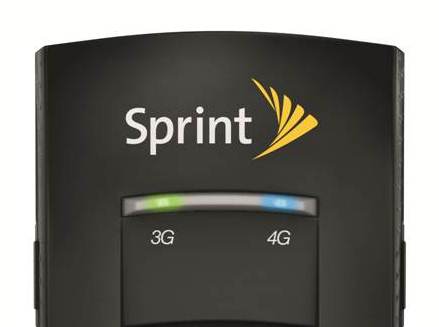Telecom & Wireless
Four Reasons the Justice Department May Oppose a Sprint and T-Mobile Merger
Published:
Last Updated:
Late last year, a merger of Sprint Corp. (NYSE: S) and T-Mobile US Inc. (NYSE: TMUS) seemed likely. The merger would still keep these two competitors as the number-three carrier, plus neither Sprint nor T-Mobile has all the legacy landline business.
But a deal has not been announced. After meetings last week between Sprint, Softbank (which owns 80% of Sprint) and the U.S. Justice Department, and a speech on Thursday by William Baer, the department’s antitrust chief, there may not be a deal.
“The business community, consumers, and antitrust enforcers are all better off if anti-competitive mergers die on the drawing board,” Baer said. He did not specify T-Mobile and Sprint, but the import was clear.
The hope of a merger sent Sprint shares up nearly 60% in the final two months of last year, and T-Mobile shares were up 21%. When times change, they change fast — Sprint shares have fallen nearly 24% this year, while T-Mobile shares are down more than 9%.
So, what is the problem? There are four possible reasons.
First, the competition problem. The Justice Department believes a deal between the third- and fourth-largest mobile companies would reduce competition. The Justice Department and Baer sued in 2011 to block a $39 billion deal between AT&T Inc. (NYSE: T) and T-Mobile.
Despite T-Mobile’s moves, the mobile market is highly concentrated. Sprint, T-Mobile and the mobile giants — AT&T and Verizon Communications Inc. (NYSE: VZ) — already control about 90% of the U.S. mobile market.
Second, Baer’s remarks last week suggest the Justice Department likes price wars. T-Mobile recently announced a promotion that will pay off early termination fees to people cancelling service with rival carriers and switching to T-Mobile. AT&T is promoting T-Mobile customers a $450 credit to switch to AT&T. Sprint has a “family promotion” that lets up to 10 people get discounts when they sign up as a group.
Third, the Justice Department does not want to help out foreign-owned mobile carriers. Sprint is now 80% owned by Japan’s Softbank. T-Mobile is two-thirds owned by German telecom giant Deutsche Telekom.
Lastly, big is always bad. At least at first. The Justice Department sued to block the merger of US Airways and American Airlines parent AMR. The deal was approved when the carriers gave up landing slots at Washington’s Reagan National Airport and New York’s LaGuardia Airport.
Credit card companies are pulling out all the stops, with the issuers are offering insane travel rewards and perks.
We’re talking huge sign-up bonuses, points on every purchase, and benefits like lounge access, travel credits, and free hotel nights. For travelers, these rewards can add up to thousands of dollars in flights, upgrades, and luxury experiences every year.
It’s like getting paid to travel — and it’s available to qualified borrowers who know where to look.
We’ve rounded up some of the best travel credit cards on the market. Click here to see the list. Don’t miss these offers — they won’t be this good forever.
Thank you for reading! Have some feedback for us?
Contact the 24/7 Wall St. editorial team.